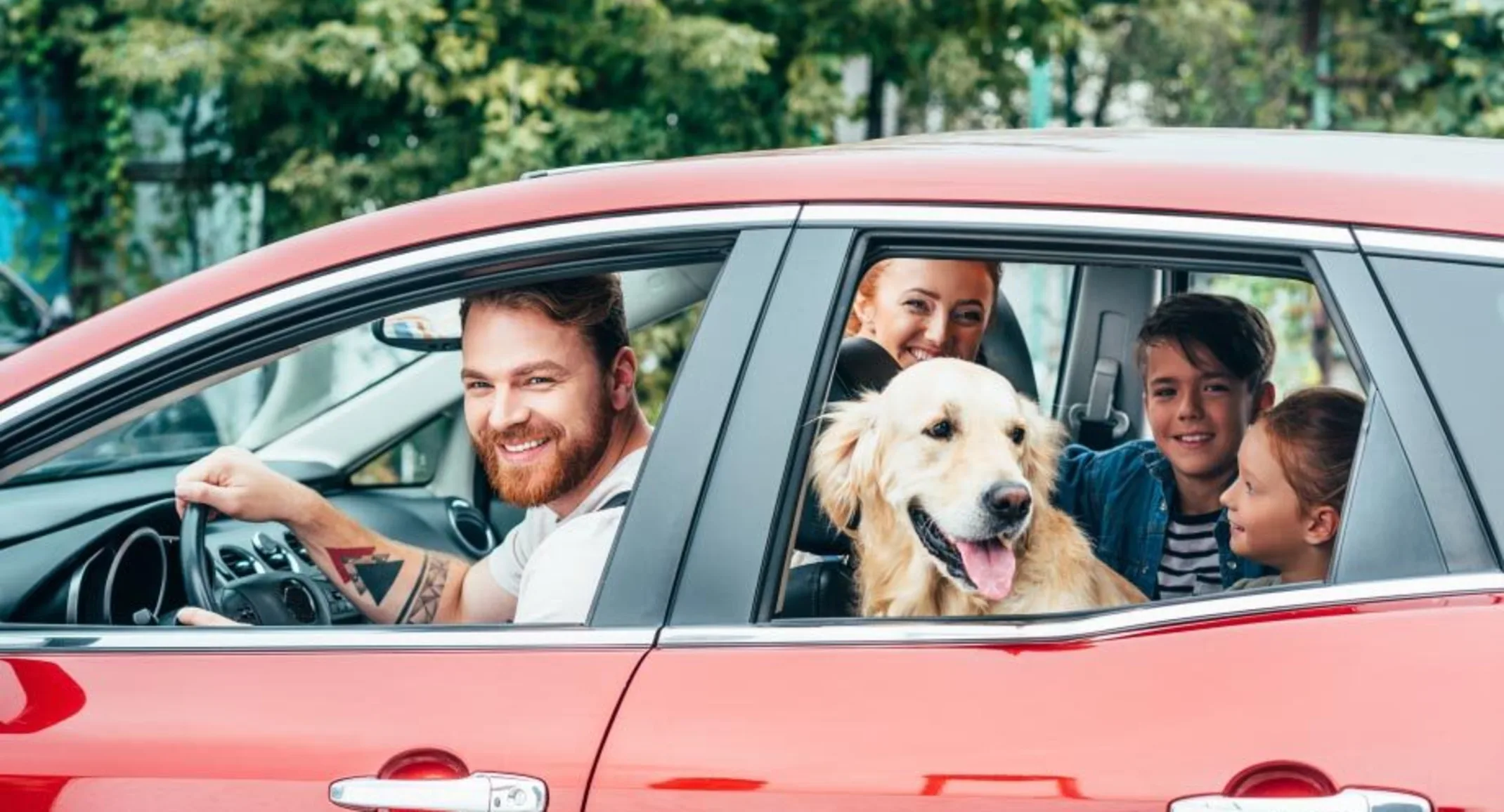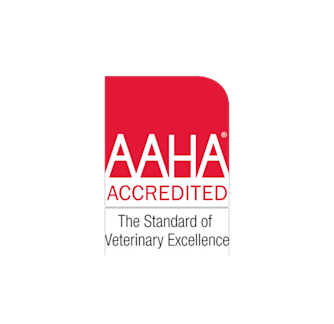Most dogs love a good car ride! Unfortunately, riding in cars isn’t always met with unbridled enthusiasm. Instead, many younger dogs experience nausea and other strange sensations which cause fear, confusion, and stress.
While much of this can be attributed to an underdeveloped vestibular system (which controls balance) in puppies, if your dog gets car sick throughout their life it can make traveling with pets very uncomfortable.
The Arc of Pet Motion Sickness
The vestibular system, located in the inner ear, aids in equilibrium. If puppies ride in cars before their vestibular system is fully developed, they may feel out of whack or off kilter when in motion. If they associate feeling ill or uncomfortable with the car, future car rides may be very difficult for them. As a result, if your dog gets car sick they should be treated as soon as possible.
Adult dogs that feel the effects of motion sickness may be dealing with an infection or other problem that requires veterinary assistance.
My Dog Gets Car Sick
If your dog gets car sick you may see the following symptoms:
Drooling
Licking the lips
Yawning
Panting
Crying or whining
Hunched over or stiffened posture
Diarrhea
Widened eyes
Immobility
Vomiting
As most pups truly love car rides, you’ll be able to see the obvious signs when your dog gets car sick.
Where to Go From Here
We recommend ruling out underlying medical issues that could have similar signs before treating car sickness. Some puppies simply need to develop more before their motion sickness goes away. Other dogs may improve after the following methods are introduced:
Walk them before getting into the car
Take shorter, more frequent car trips on a regular basis to desensitize them
Crack the windows to equalize cabin pressure and create fresh air flow
Try harnessing or crating your pup inside the car to give them feelings of safety and security
Anxiety-reducing vests that offer gentle compression can relieve anxiety
Talk calmly to soothe them
Always seat them facing the direction the car is moving
Do not feed them right before you head out
Take lots of breaks and give them a chance to get out and walk around
Provide fresh water
Staying calm will cue your dog to remain at ease
If you have further questions about the ways to help your dog adjust to car rides, our veterinarians and staff members are always here for you at Goldorado Animal Hospital.


